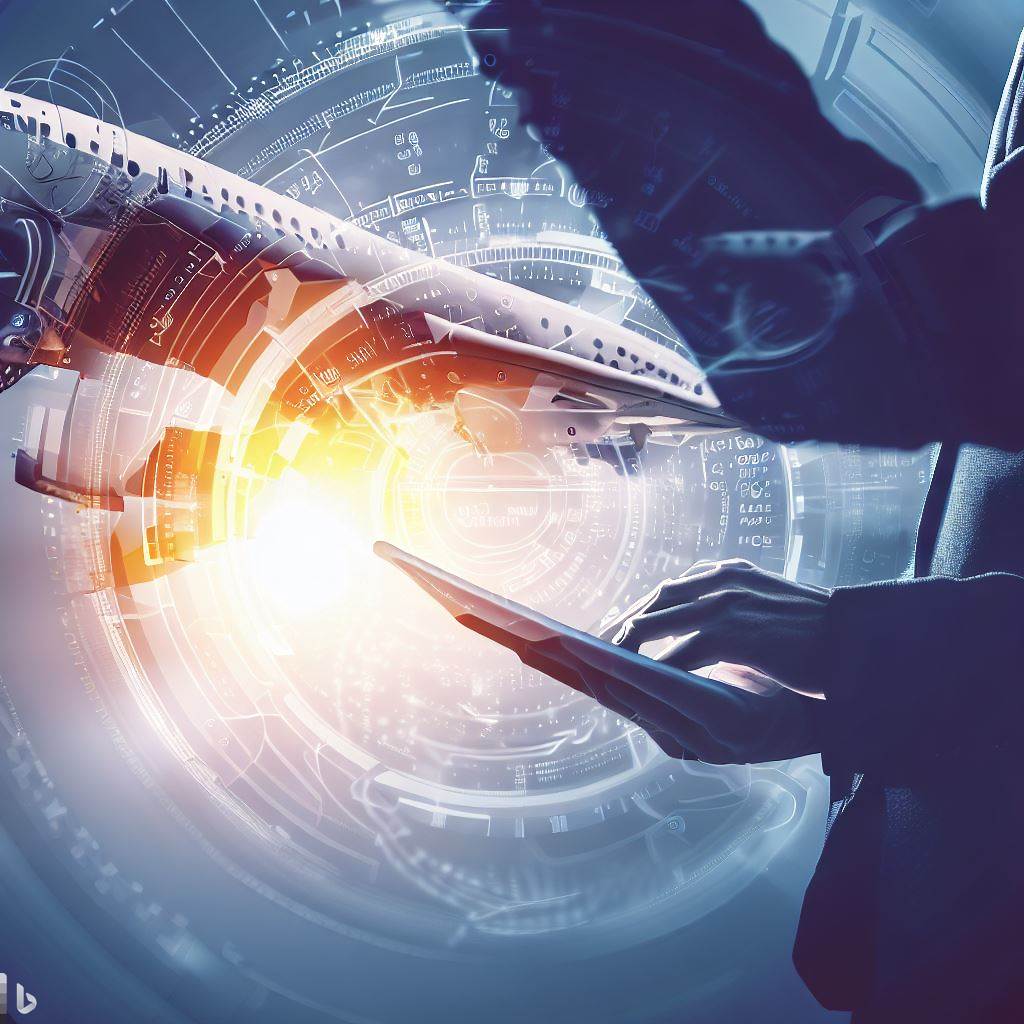ERP for Aerospace Industry: Complete Manufacturing Automation
The aerospace industry, like many other sectors, faces several pain points and bottlenecks that can be effectively addressed through Enterprise Resource Planning (ERP) solutions. ERP systems offer comprehensive tools and capabilities to optimize processes, enhance collaboration, and improve overall efficiency.
Let’s explore how ERP can be a solution for the common challenges in the aerospace industry
High development and production costs:
ERP systems provide better cost control and resource management. By streamlining procurement, inventory management, and production processes, aerospace companies can minimize waste and optimize spending, leading to cost savings.
Technological complexity and innovation:
ERP solutions can facilitate collaboration and knowledge sharing across departments. It enables seamless integration of new technologies and innovations into product development and manufacturing processes.
Stringent safety regulations and certification:
ERP systems help maintain comprehensive documentation and track compliance with safety standards. It ensures that the development process adheres to the required regulations.
Long product development cycles:
ERP streamlines workflows and facilitates real-time communication, reducing development cycle times and improving time-to-market for new aircraft and spacecraft.
Global economic and geopolitical influences:
ERP systems provide insights into market demand and financial forecasting, enabling aerospace companies to make informed decisions amidst economic fluctuations and geopolitical tensions.
Supply chain challenges:
ERP solutions offer better visibility and traceability within the supply chain, helping to identify and address potential disruptions promptly, thereby improving supply chain resilience.
Environmental concerns and regulations:
ERP can support sustainability initiatives by tracking environmental metrics, optimizing energy usage, and managing eco-friendly sourcing practices in the supply chain.
Skilled workforce shortage:
ERP systems assist in talent management and development, helping aerospace companies identify skill gaps and invest in training programs to retain and develop a skilled workforce.
See How My Company Can Massively Automate Your Company Departments
Custom CRM Development – For Organizations to manage its Customer Interactions in addition to Sales, Marketing, Billing, Products, Services, Contacts, Customer Support, among other things.
Custom ERP Development – For Manufacturers to handle BOM, Quotation, Order, RFQ, PO, SOA, Manufacturing, Trading, Inventory, Quality Control, Logistics, Shipments, and so on.

Market competition:
ERP provides data-driven insights that help companies make strategic decisions to stay competitive. At the same time it identifies market trends, and optimize pricing and marketing strategies.
Market demand fluctuations:
ERP systems enable flexible production planning and capacity management, allowing aerospace companies to adapt to changing market demands efficiently.
Aircraft maintenance and lifecycle costs:
ERP assists in optimizing maintenance schedules and managing spare parts inventories. It also helps in tracking maintenance costs, ensuring cost-effective operations throughout the aircraft lifecycle.
Global pandemic impact:
ERP systems help companies respond to disruptions by providing real-time data and facilitating remote collaboration. This aids the industry’s recovery from the COVID-19 pandemic.
Implementing ERP solutions tailored to the specific needs of the aerospace industry can be instrumental in overcoming these challenges. By leveraging ERP’s capabilities, aerospace companies can enhance their operational efficiency, improve decision-making, and position themselves for long-term growth and sustainability.
